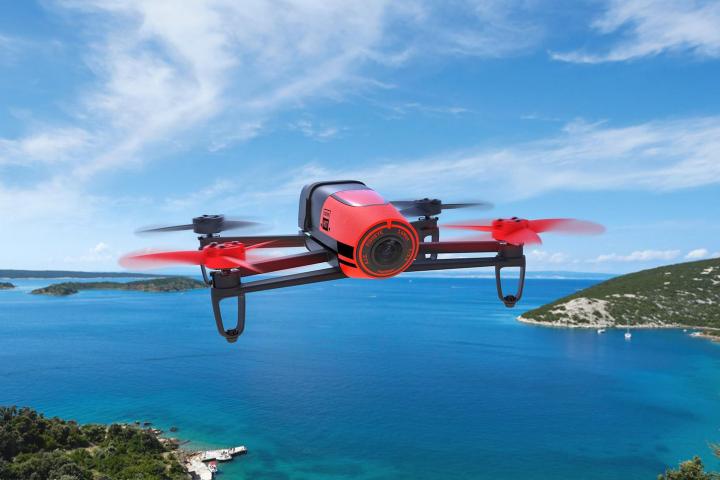
The agency said recently the goal of the task force was to come up with a framework of rules to “ensure accountability by creating a traceable link between aircraft and owner, and to encourage the maximum levels of regulatory compliance by making the registration process as simple as possible.”
Consisting of a range of companies from drone makers to retailers that sell the remotely controlled flying machines, the task force on Monday recommended a simple registration system offered via a website and app. It suggested owners submit only their name and address, while additional information such as email address and phone numbers could be optional.
After submitting their details, a user would then immediately receive an electronic certificate of registration and a personal universal registration number which they would have to mark on their machines.
The recommendations said registrants should be at least 13 years old and could be given a single certificate to cover all of their drones if they happen to own more than one.
The task force suggested that remotely controlled flying machines with a takeoff weight of less than .55 pounds (250 grams) posed little risk of injury to bystanders so needn’t require registration, but added that its recommendations should be applied to all drones weighing up to 55 pounds (25 kg). If the FAA agrees with this particular judgment then it’s clear the vast majority of consumer drones will need to be registered.
Anything heavier may be subject to “additional minimum requirements” to be set out later by the task force.
“Education component”
The group of experts also suggested that the registration process should contain “some sort of education component which could be similar to the existing content in the Know Before You Fly campaign,” though doesn’t go into any detail on this point. The Know Before You Fly campaign launched a year ago and included a video (below) reminding drone owners how to operate their machine responsibly, such as keeping it in sight at all times and flying it no higher than 400 feet.
It should be noted that these are recommendations made by the task force and therefore may not make it into the FAA’s final list of implemented regulations, however, considering the group was assembled for its expert knowledge, we expect most of the group’s suggestions – if not all – will be accepted by the FAA and Department of Transportation.
The registry is likely to be announced in the coming weeks as retailers prepare for record-breaking sales of consumer drones over the holiday season.
The FAA said recently that drone owners should “think twice” about paying any companies offering drone registration services as it’s planning to introduce “a streamlined process that will be simple and easy to complete.”


